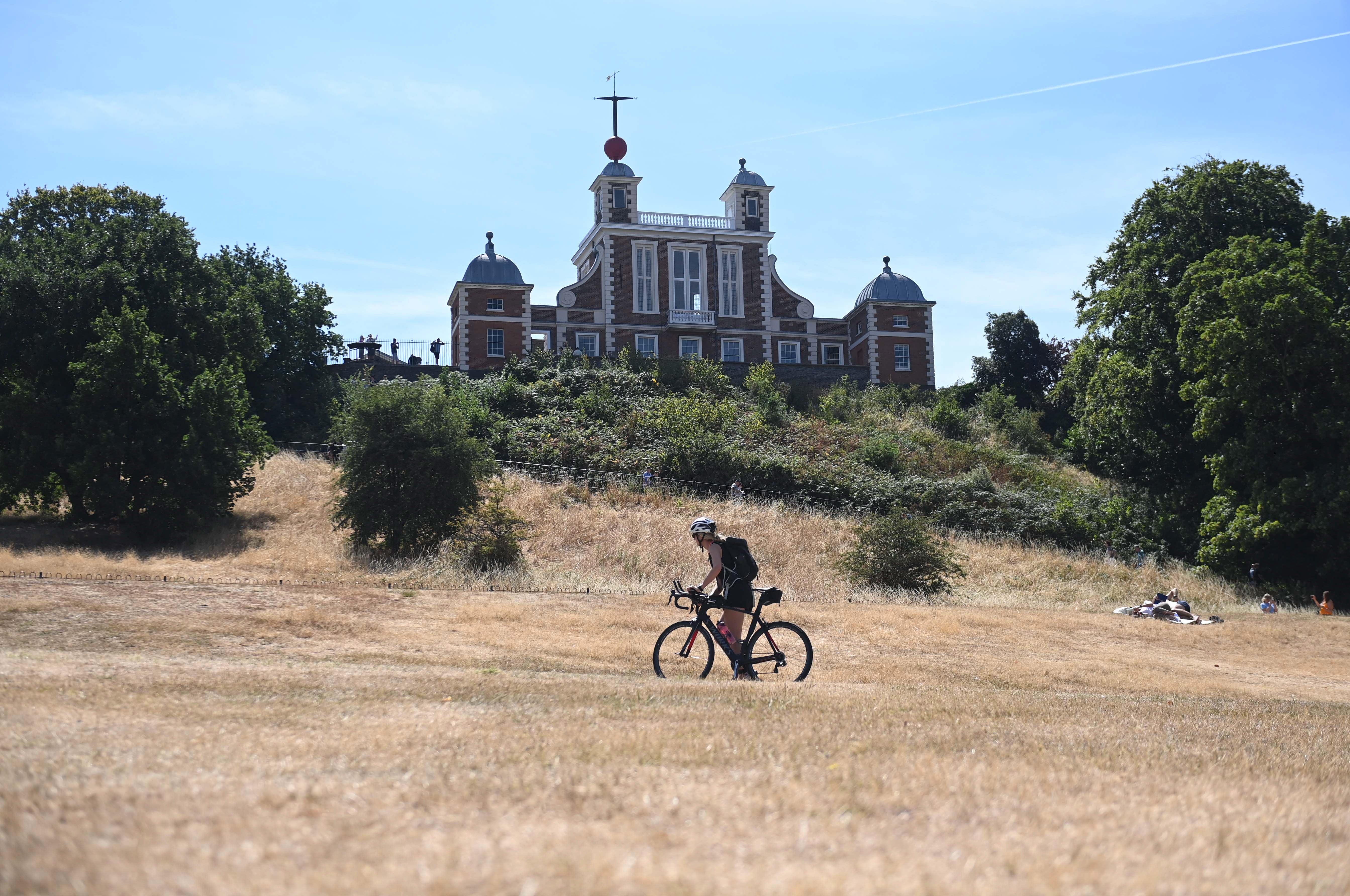Extreme heat putting six million lives at risk in England, campaigners warn
New report by Friend of the Earth warns millions of older people and young children in danger from record temperatures
Your support helps us to tell the story
From reproductive rights to climate change to Big Tech, The Independent is on the ground when the story is developing. Whether it's investigating the financials of Elon Musk's pro-Trump PAC or producing our latest documentary, 'The A Word', which shines a light on the American women fighting for reproductive rights, we know how important it is to parse out the facts from the messaging.
At such a critical moment in US history, we need reporters on the ground. Your donation allows us to keep sending journalists to speak to both sides of the story.
The Independent is trusted by Americans across the entire political spectrum. And unlike many other quality news outlets, we choose not to lock Americans out of our reporting and analysis with paywalls. We believe quality journalism should be available to everyone, paid for by those who can afford it.
Your support makes all the difference.Millions of vulnerable people in England are having their lives put at risk by extreme temperatures, a new report has warned.
Research by Friends of the Earth found 1.7 million children under five and 4.3 million older people are at high risk of developing heat-related illness as record extreme summer temperatures become more common across the UK.
The campaign group Friends of the Earth revealed that older people and young children are most at risk for heatwaves particularly those who live in the most heat-vulnerable areas in England.
A lack of climate protections has been blamed as a primary cause for leaving those most vulnerable at risk with the group calling for serious change from the Labour government.
Friends of the Earth said older people and young children are most at risk during heatwaves and said a lack of climate protections was leaving those most vulnerable at risk.

Mike Childs head of science, policy, and research at Friends of the Earth, said: “Global temperature records are being broken year on year, but the UK’s plans to adapt to the climate crisis are falling far short of what’s needed to protect frontline communities.
“This failure is putting the lives and health of millions of people at risk.”
He stressed that insulation programmes were vital within UK infrastructure along with the need for more street trees and air conditioning in community spaces.
Four of the five hottest days in the UK have occurred since 2020, with the current record temperature for the country of 40.3C being recorded in Coningsby, Lincolnshire, in July 2022.
Data from the Friends of the Earth report, compiled in partnership with the University of Manchester, identified that 1.7 million children under five and 4.3 million older people were the most susceptible groups.

It also highlighted specific groups with conditions such as high blood pressure, heart disease, asthma, respiratory disease, and diabetes were also at significant risk.
At present, 3.7 million people are living with high blood pressure, 700,000 with heart disease, 1.5 million with asthma, 400,000 with respiratory diseases and 1.6 million with diabetes.
Another area for concern that the group identified in a 2022 report with the University of Leeds was the 15,662 most at-risk cities and neighbourhoods.
The report identified that Birmingham, Newham, Tower Hamlets, Hackney and Nottingham were the areas in England at major risk areas, where residents are exposed to pronlonged hot weather of 27.5C or higher for five days or more at a time.
Data showed that 28 million people were living within these areas.
At a High Court hearing next week, Friends of the Earth, alongside two co-claimants, whose say their lives have been severely impacted by the climate crisis, will challenge the UK’s climate adaptation plans – known as the National Adaptation Programme (NAP).
The campaign group emphasised these statistics as significant in the wake of global temperatures rises exceeding 1.5C in 2023.
The action will argue the NAP is incapable of protecting vunlerable groups against the consequences of climate change.
Join our commenting forum
Join thought-provoking conversations, follow other Independent readers and see their replies
Comments